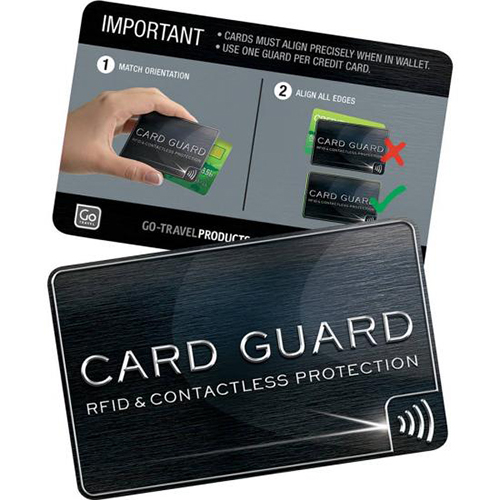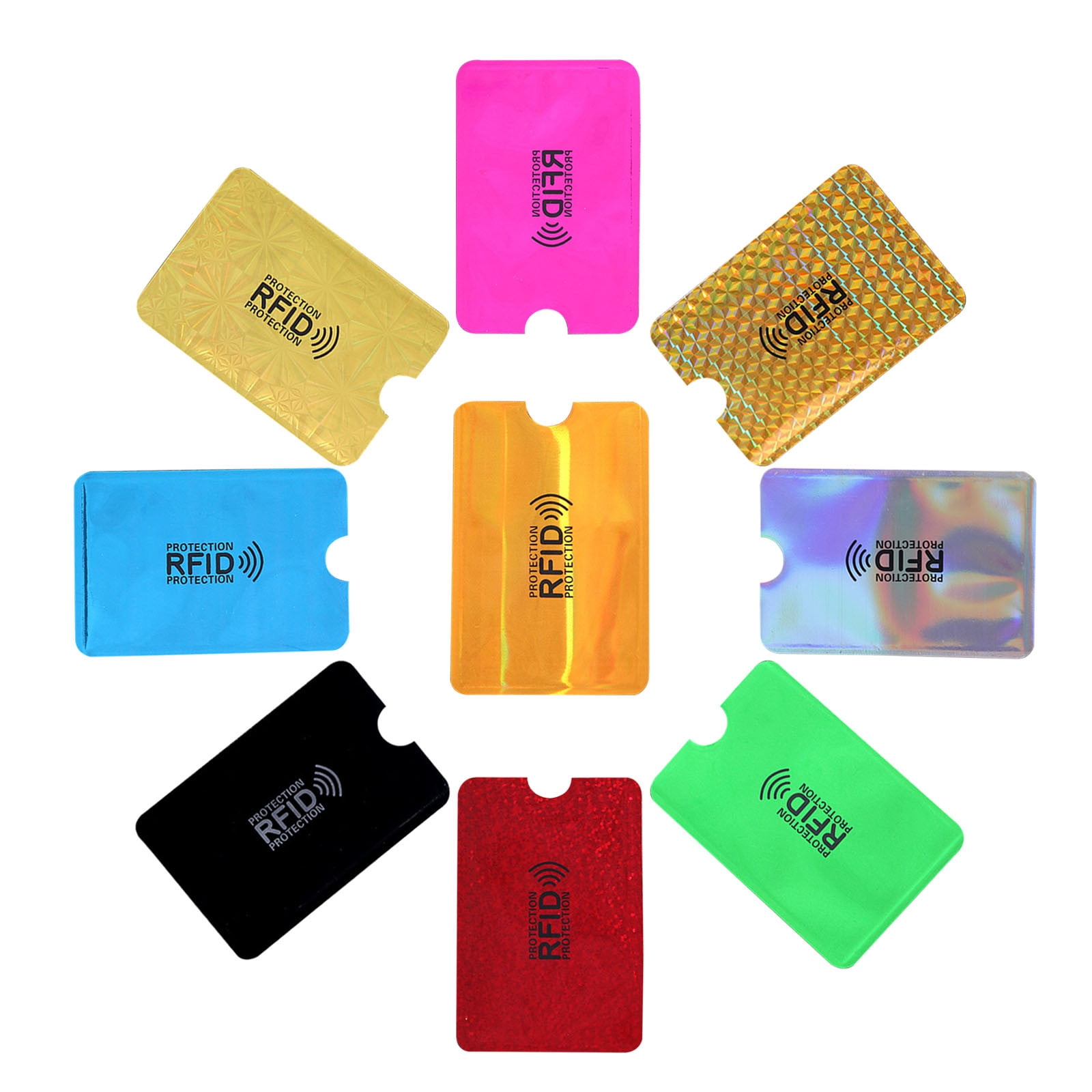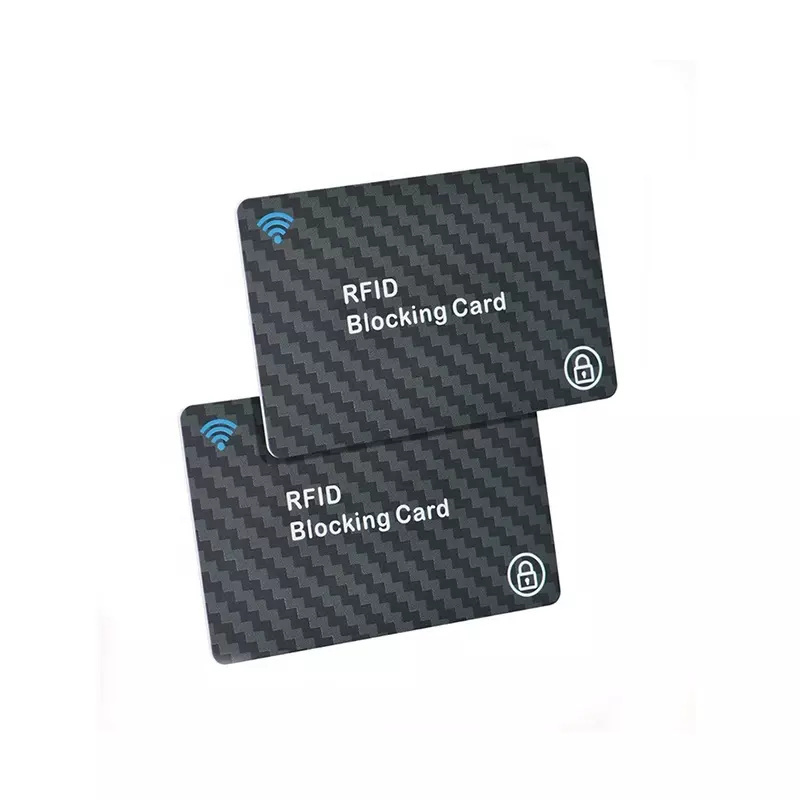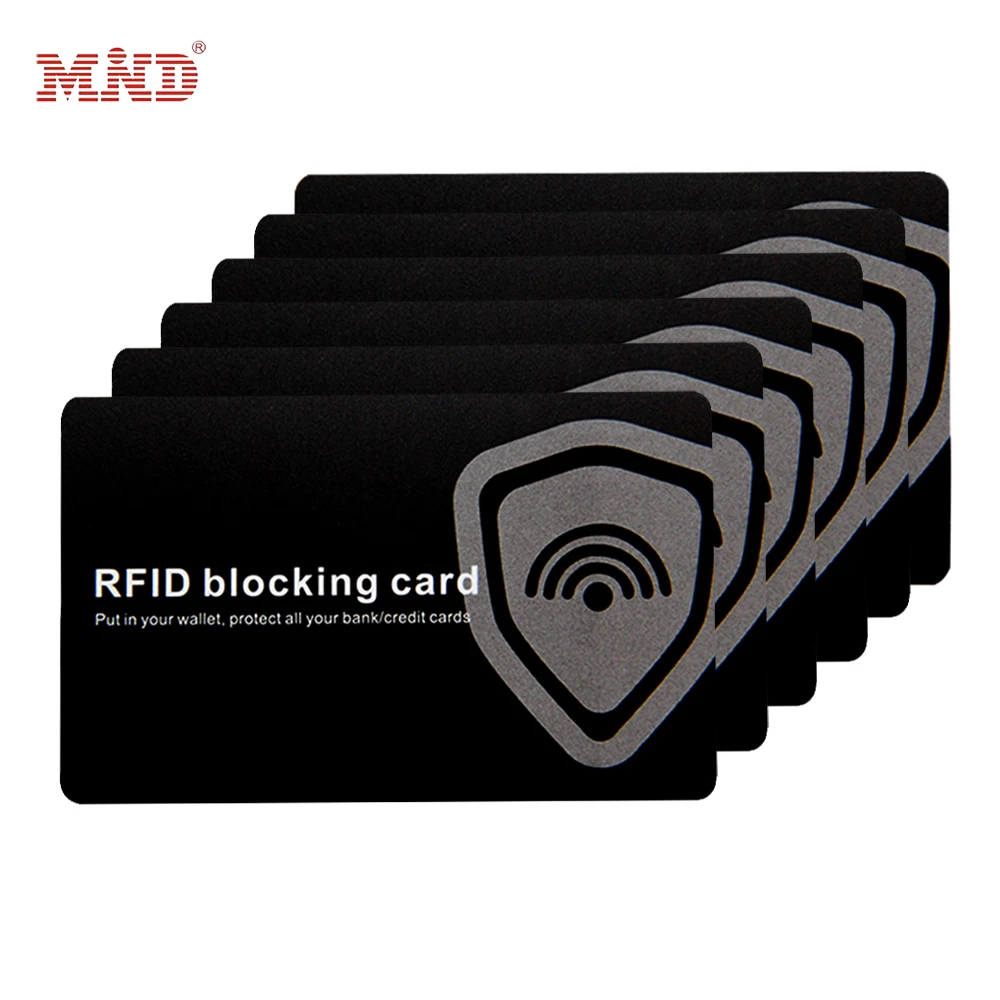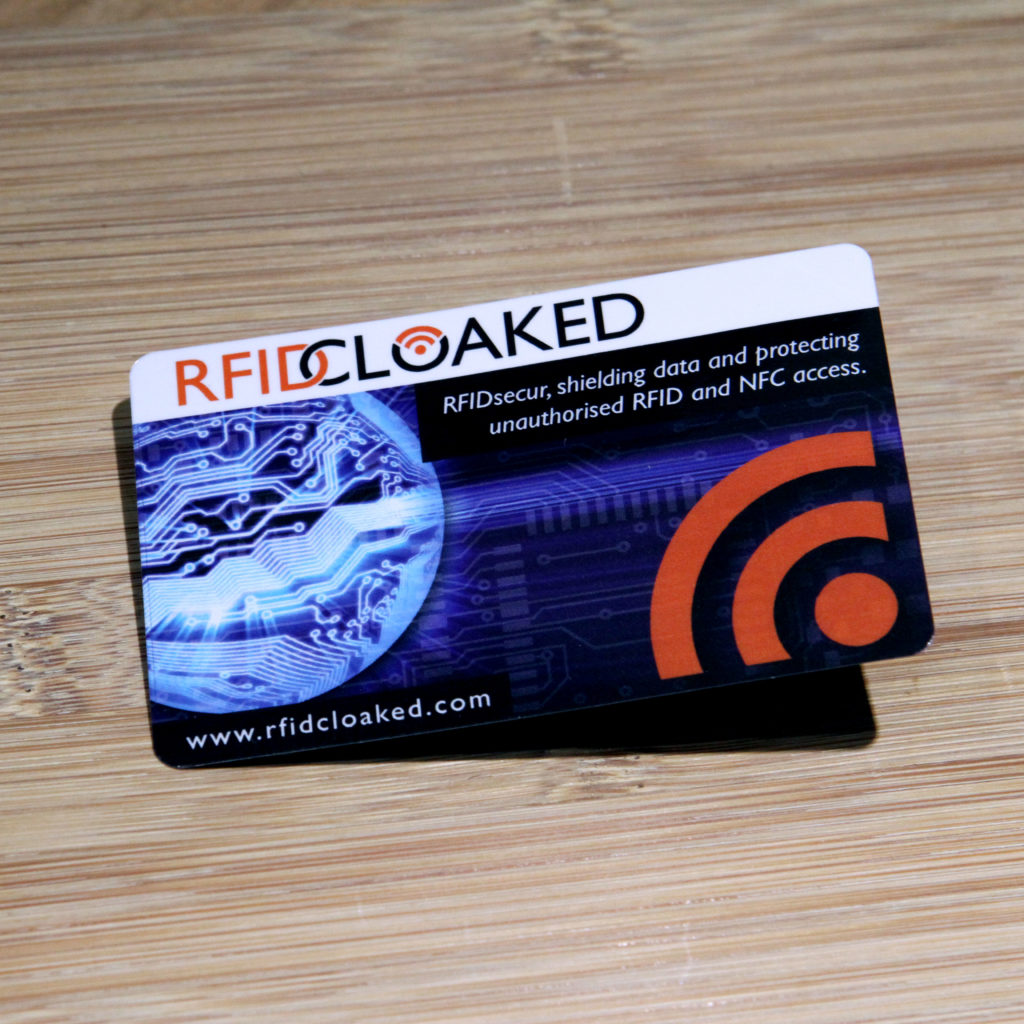Rfid Blocking Card Made In Usa

In an era defined by digital interconnectedness, the vulnerabilities of our personal data are increasingly apparent. A growing concern among consumers is the potential for electronic theft, specifically through Radio-Frequency Identification (RFID) skimming. The demand for secure and reliable RFID blocking solutions has surged, and with it, a renewed focus on American manufacturing as a symbol of quality and trust.
This article delves into the burgeoning market for RFID blocking cards made in the USA, examining the reasons behind their popularity, the technology they employ, the challenges faced by domestic manufacturers, and the broader implications for consumer security and the American economy. These cards are designed to shield credit cards, passports, and other RFID-enabled documents from unauthorized scanning, offering a tangible layer of protection against a growing threat. We will analyze the industry's landscape, assessing the competitive advantages and limitations of choosing domestically produced RFID blocking solutions in a globalized marketplace.
The Rise of RFID Skimming and the Need for Protection
RFID skimming, a form of electronic theft, involves using a scanner to wirelessly steal information from RFID chips embedded in credit cards and passports. This can be done discreetly, often without the victim's knowledge, leading to potential identity theft and financial loss. News stories abound detailing instances of skimming at crowded events and public transportation hubs, fueling public anxiety.
The prevalence of contactless payment systems, while convenient, has inadvertently increased the risk of skimming. As more cards and documents incorporate RFID technology, the potential attack surface for criminals expands.
Consumers are seeking proactive measures to safeguard their sensitive information. This has led to a growing demand for RFID blocking wallets, sleeves, and, particularly, cards that can be easily inserted into existing wallets.
Why "Made in USA" Matters in the RFID Blocking Card Market
The label "Made in USA" carries significant weight in the RFID blocking card market, representing quality, ethical labor practices, and a commitment to American manufacturing. Consumers are often willing to pay a premium for products they perceive as being more reliable and durable.
In a market flooded with cheaper, often imported, alternatives, domestically produced RFID blocking cards stand out. Trust is a key factor for consumers when it comes to security products. The perceived higher quality and rigorous testing standards associated with American manufacturing are crucial selling points.
Furthermore, supporting American-made products contributes to the domestic economy, creating jobs and fostering local innovation. This resonates with consumers who are increasingly conscious of the social and economic impact of their purchasing decisions.
The Technology Behind RFID Blocking Cards
RFID blocking cards typically employ a combination of materials and design to disrupt RFID signals. Most commonly, they feature a metallic foil, such as aluminum or copper, embedded within the card's layers.
This metallic layer acts as a Faraday cage, creating an electromagnetic barrier that prevents scanners from reading the RFID chips within the protected cards. The effectiveness of an RFID blocking card depends on the quality and thickness of the shielding material, as well as the overall design of the card.
Some cards utilize a more sophisticated approach, incorporating active jamming technology to actively disrupt RFID signals. These active cards are often more expensive but offer a potentially higher level of protection.
Challenges and Opportunities for US Manufacturers
US-based manufacturers of RFID blocking cards face several challenges, including higher labor costs and stricter environmental regulations compared to overseas competitors. Sourcing raw materials domestically can also be more expensive.
However, these challenges are balanced by several opportunities. The growing demand for high-quality, reliable RFID blocking solutions presents a significant market potential.
US manufacturers can leverage their reputation for quality and innovation to differentiate themselves from cheaper imported alternatives. Furthermore, focusing on sustainable and ethical production practices can appeal to environmentally and socially conscious consumers.
The Competitive Landscape and Consumer Choices
The RFID blocking card market is highly competitive, with a wide range of products available at varying price points. Consumers are faced with a multitude of choices, making it crucial to conduct thorough research before making a purchase.
Price is often a major consideration, but it's important to balance affordability with quality and reliability. Reading reviews and comparing specifications is crucial to ensure the card provides adequate protection.
Consumers should also consider the brand's reputation and the manufacturer's warranty. A reputable brand with a strong warranty is more likely to offer a reliable product and provide support if needed.
Testing and Certification
Independent testing and certification play a vital role in verifying the effectiveness of RFID blocking cards. Reputable manufacturers often subject their products to rigorous testing by third-party laboratories.
These tests measure the card's ability to block RFID signals at various frequencies and distances. Look for certifications from recognized organizations to ensure the card meets industry standards.
While no RFID blocking card can guarantee complete protection against all forms of skimming, certification provides assurance that the card has been tested and meets a minimum performance threshold.
The Future of RFID Blocking Technology
As RFID technology continues to evolve, so too will the methods used to protect against skimming. Manufacturers are constantly developing new and improved RFID blocking solutions.
Advances in materials science and nanotechnology could lead to more effective and durable blocking cards. Furthermore, the integration of RFID blocking technology into other products, such as wallets and clothing, is likely to become more common.
The demand for secure and reliable RFID blocking solutions is expected to remain strong in the years to come. Innovation and a commitment to quality will be key to success in this evolving market.
Conclusion
The market for RFID blocking cards made in the USA is driven by growing concerns about electronic theft and a desire for secure, reliable protection. While challenges remain, US manufacturers can leverage their reputation for quality and innovation to compete effectively in this market. By prioritizing product quality, ethical production practices, and continuous innovation, American companies can maintain a strong presence in this crucial sector of consumer security. The future hinges on adapting to evolving threats and maintaining consumer trust, ensuring that "Made in USA" remains a symbol of confidence in a digitally vulnerable world.
